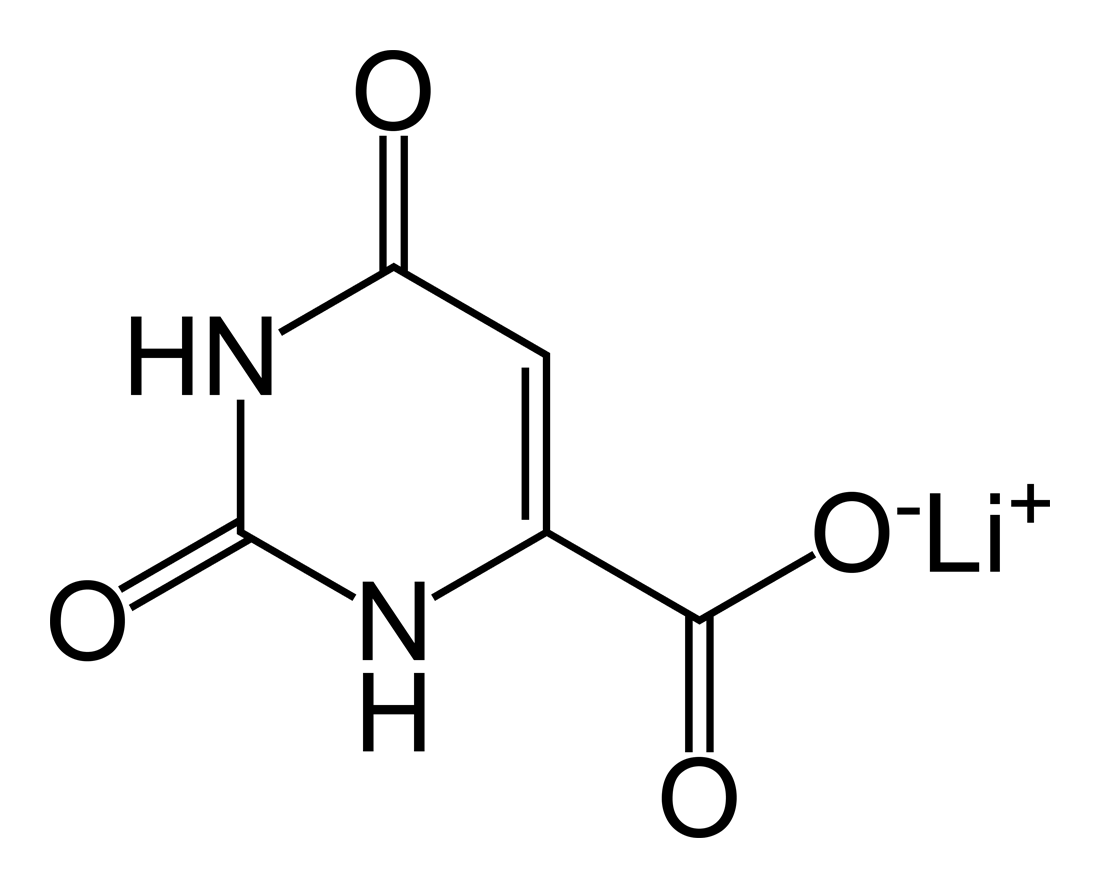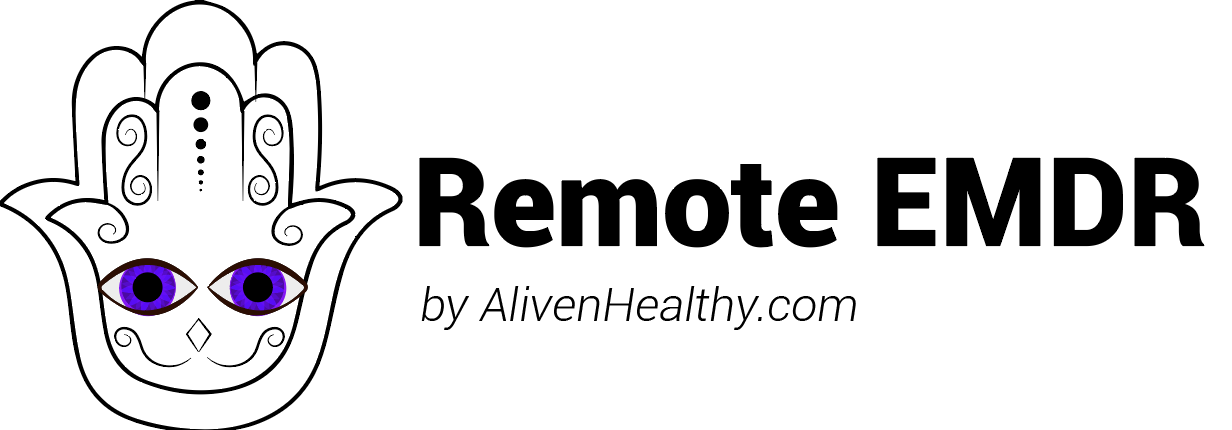 Lithium Orotate: Nutritional Supplementation for Postpartum Depression, Anxiety, and Psychosis
Lithium Orotate: Nutritional Supplementation for Postpartum Depression, Anxiety, and Psychosis
Lithium orotate is the natural, nutritional form of lithium, an essential trace mineral. It is entirely different from lithium carbonate, which is a non-naturally occurring pharmaceutical drug used to treat bipolar disorder and other mood problems. While lithium carbonate is often administered at extremely high doses, and can be dangerous when taking in excess quantities, lithium orotate is much safer and carries little to no side effects. Lithium orotate can be taken at significantly lower doses than lithium carbonate to produce the same positive effects on mental and emotional health, but without the risk and without side effects. In addition, it’s perfectly safe for women who are breastfeeding to take lithium orotate, while lithium carbonate is generally considered to be unsafe in breastfeeding mothers.
Note that studies on lithium orotate as a treatment for postpartum depression, anxiety, and psychosis specifically are extremely difficult to to find. There are, however, studies that have been done on the use of lithium carbonate for these conditions, as well as studies on lithium orotate for the treatment of regular, non-pregnancy related depression, anxiety, and psychosis. These are the studies I will reference here.
One study observed the effects of lithium carbonate administration in a group of 21 women at risk of postpartum psychosis. The women were given lithium carbonate late during the third trimester of pregnancy or immediately after delivery of the baby. Out of these 21 women at risk for postpartum psychosis, only 2 actually developed the condition when taking lithium carbonate (the women in the study group seem to have previously been diagnosed with either postpartum psychosis or bipolar disorder).
 Lithium Orotate - 5mg of Elemental Lithium per Vegetarian Capsule
Lithium Orotate - 5mg of Elemental Lithium per Vegetarian Capsule
Lithium orotate can be taken at a dose of 10mg per day in pregnant and breastfeeding women, according to the Lithium Doctor. In non-pregnant and non-breastfeeding women, the recommended upper dose of lithium is 40-60mg/day. Personally, I took lithium orotate at a dose of 10-20mg daily throughout my pregnancy on an as-needed basis (I took at least 5mg daily as a “maintenance dose”, and more if I felt that I needed it). While breastfeeding, I regularly take 10mg/day of lithium orotate, but I have taken up to 20mg daily if necessary to regulate my mood or other physiological problems. When taking the higher dosage of 20mg, I space out my dosing so that I’m taking either 10mg in the morning and 10mg at night, or I take 5mg doses 4 times, spaced evenly throughout the day. Women taking lithium orotate while breastfeeding should start with 5mg of this nutrient, and increase their dose slowly over the course of a few days. She or a loved one should observe the baby for any signs of unusual activity (it’s rare that a baby would exhibit any strange behaviors, but it’s always good to watch to make sure). If after a few days everything is going well, she can increase to 10mg.
Note that women who are breastfeeding have been given lithium carbonate with no apparent adverse effects in their infants. Given the near-toxic levels of lithium that lithium carbonate supplies, it would be fair to assume that reasonable amounts of lithium orotate (up to 40-60mg/day) are also safe during lactation, especially in cases of postpartum depression, anxiety, or psychosis.
Note that in addition to acting as a preventative/treatment option for postpartum depression, postpartum anxiety, and postpartum psychosis, lithium orotate supplementation can also help relieve the following relevant health problems (among many, many others not listed here, including physical health problems as well):
- Post traumatic stress disorder (PTSD) and flashbacks
- ADD / ADHD and hyperactivity
- Aggression
- Alcohol addiction / Alcoholism
- Anxiety disorders
- Antisocial behaviors
- Autism
- Bipolar disorder
- Borderline personality disorder
- Chronic fatigue
- Headaches (including cluster headaches, hypnic headaches, and migraines)
- Chronic pain
- Depression (including severe, suicidal depression)
- Drug addiction and withdrawal symptoms
- Epilepsy
- Explosive disorder
- Forgetfulness
- Generalized anxiety disorder (GAD)
- Impulsivity
- Infertility
- Insomnia
- Irritability
- Nightmares
- Obsessive compulsive disorder (OCD)
- Panic disorder
- Pathological gambling
- Schizoaffective disorder
- Schizophrenia
- Sleep disorders
- Social anxiety / phobia
- Violent behavior
- Xenophobia
Lithium orotate is also safe to give to children and even babies in sufficiently small doses in circumstances where it’s warranted.
 Click here to subscribe to the Living Database!
Click here to subscribe to the Living Database!
In addition to taking lithium orotate for postpartum depression and overwhelm, consider also working with Eye Movement Desensitization and Reprocessing / EMDR. EMDR is a simple technology that you use to move your eyes back and forth from right-to-left to mimic the movements that you would make during Rapid Eye Movement (REM) sleep. REM sleep cycles help us release stress and trauma, but often women who have just given birth are not able to get plenty of sleep to process the stress and/or trauma that they've recently been through. Doing EMDR during the day can help release stress to make it easier to sleep at night.


 Lithium Orotate 130mg | 180 Capsules | Non-GMO, Gluten Free | 5mg Bioavailable Elemental Lithium | by Horbaach
Lithium Orotate 130mg | 180 Capsules | Non-GMO, Gluten Free | 5mg Bioavailable Elemental Lithium | by Horbaach














